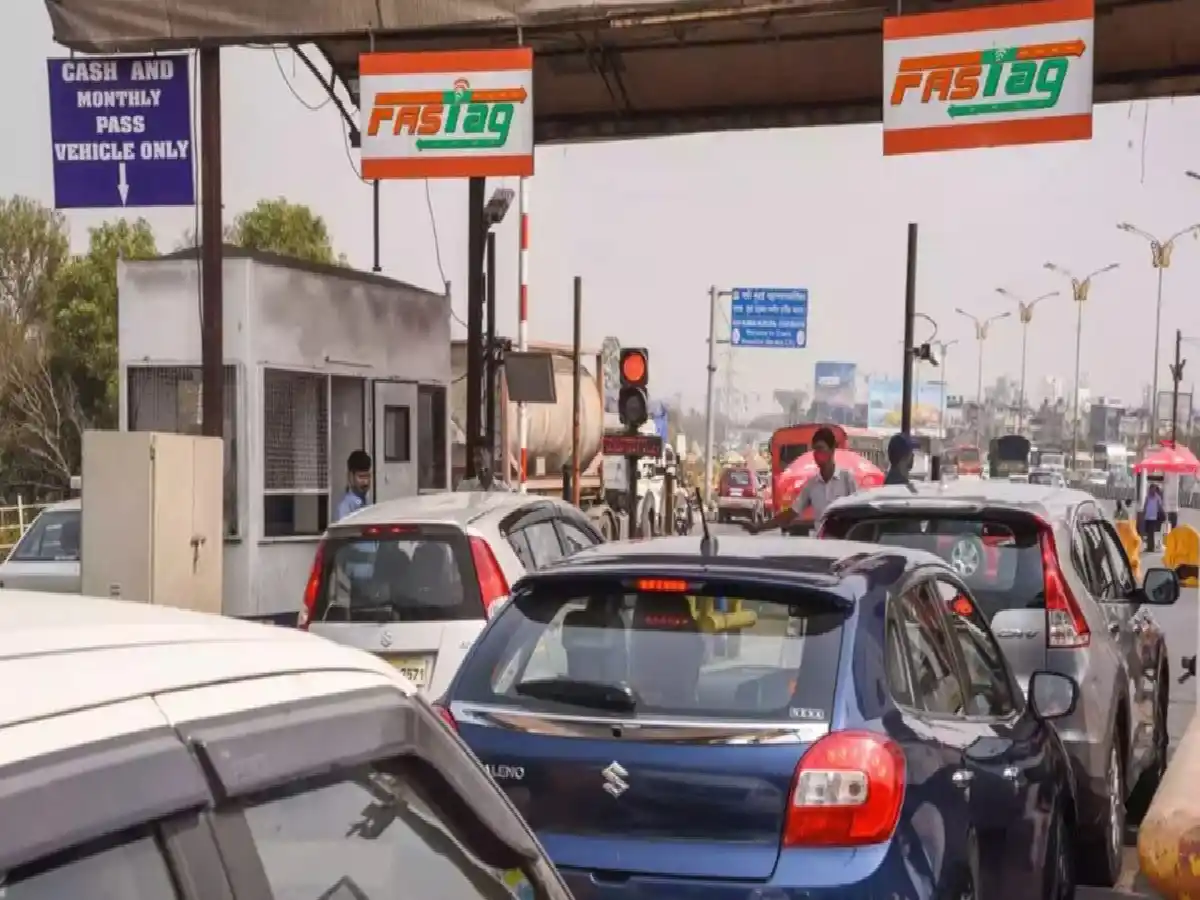Delhi may soon impose a congestion levy on vehicles entering the city, with collection facilitated using FASTag technology. The Delhi government is considering this technique to deal with the growing number of cars, especially during peak hours.
The proposed congestion tax would be introduced at 13 major border crossings, with a concentration on peak hours of 8-10 a.m. and 5:30-7:30 p.m. To reduce long wait times at toll booths, the tax will be collected electronically via FASTag, supplemented by RFID readers on number plates. recognition (NPR) cameras. This technique will allow vehicles to move by without pausing, resulting in a seamless flow of traffic.
According to a TOI article, the cash from the congestion fee will be used to improve Delhi’s public transportation and road infrastructure. The major goal is to dissuade people from driving into the city, encourage the use of public transportation, and thereby reduce traffic congestion.
Congestion fees have been efficient in locations like London, Singapore, and Stockholm, where they have helped manage traffic. Delhi’s approach begs the question of whether other extremely packed Indian cities, such as Mumbai and Bangalore, will pursue similar measures.

